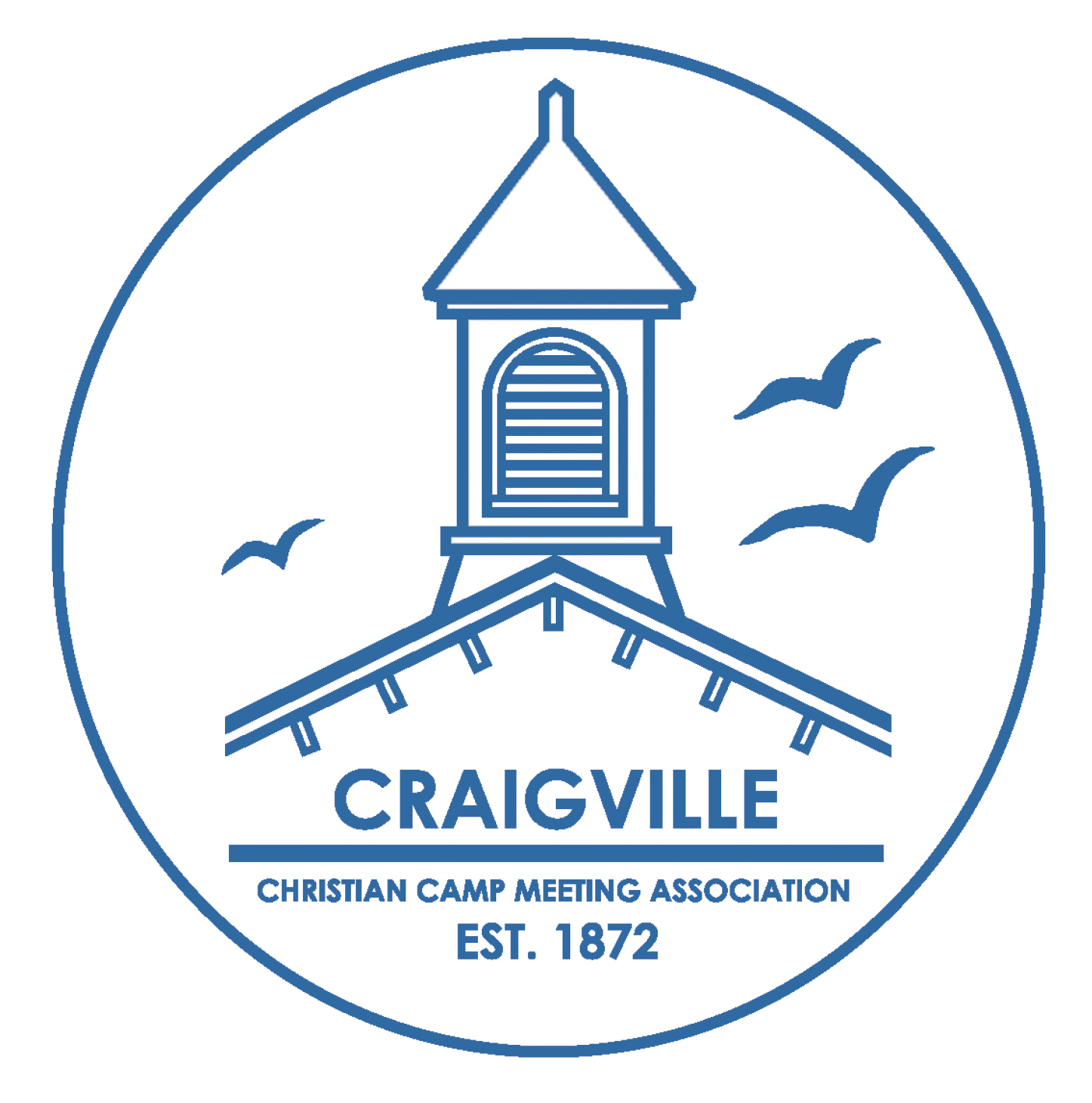Remembering Our History
J. Austin Craig
1824 - 1881
J. Austin Craig
From Milo True Morrill, The Christian Denomination in America: 1794-1911 (Dayton, OH: Christian Publishing Association: 1912).
J. Austin Craig was born in 1824. in Peapack, N. J., son of Moses and Rachel Carhart Craig. The senior Craig had been a teacher, a merchant, and was a large farmer in 1828. He had twice served with honor in the New Jersey state senate. Austin was very religious, and joined the Presbyterian church April 23, 1857.
In his thirteenth year immediately following his conversion. At the age of sixteen he entered Lafayette College, Easton, Pa., spending four years there and receiving both B. A. and M. A. degrees. Part of his college career was during the exciting days of "Millerism.'' Young Craig preached his first regular sermon in 1843 in his father's house.
Next year the New Jersey Conference licensed him, ordaining him in 1845. He was always a great student and omnivorous reader, gifted with a most tenacious memory, aided by splendid judgment and logical faculty. Craig's address before the New Jersey Conference in 1850 was a remarkable production for a young man of twenty-six years, Horace Greeley welcomed it to the New York Tribune, and it was printed in pamphlet form, widely read and discussed.
Dr. Craig was acquainted with all branches of learning, was a splendid Greek scholar, and the peer of the best Hebraists in the country. As a Bible scholar he was independent and acute, a master of exegesis.
His most fruitful pastorate was at Blooming Grove, N. Y., where he had opportunity to pursue his studies and mature his thoughts. He became acquainted with men like E. E. Hale, H. W. Bellows, H. W. Beecher, General Garfield, Horace Mann, Theodore Parker, and Bishop McQuaid (Catholic). By Horace Mann's influence Craig became a professor at Antioch, later being president of the College, succeeding Thomas Hill. During his Blooming Grove pastorate and his connection with Antioch he was a regular lecturer at Meadville Theological School, where his service continued until 1869.
In this year he became first president of the Christian Biblical Institute. He was chosen a member of the American Committee to revise the Bible, because of his scholarship in Greek and Hebrew.
At the zenith of his power and usefulness he was seized with mortal illness and died suddenly, August 27, 1881. Due honor has never been accorded this man: but his greatness was recognized. In his colleagues of all denominations. There are men still living who manifest in their work the influence and teaching of Austin Craig. No man's impress is so visible as his in the Christian Biblical Institute, even at the present day.

